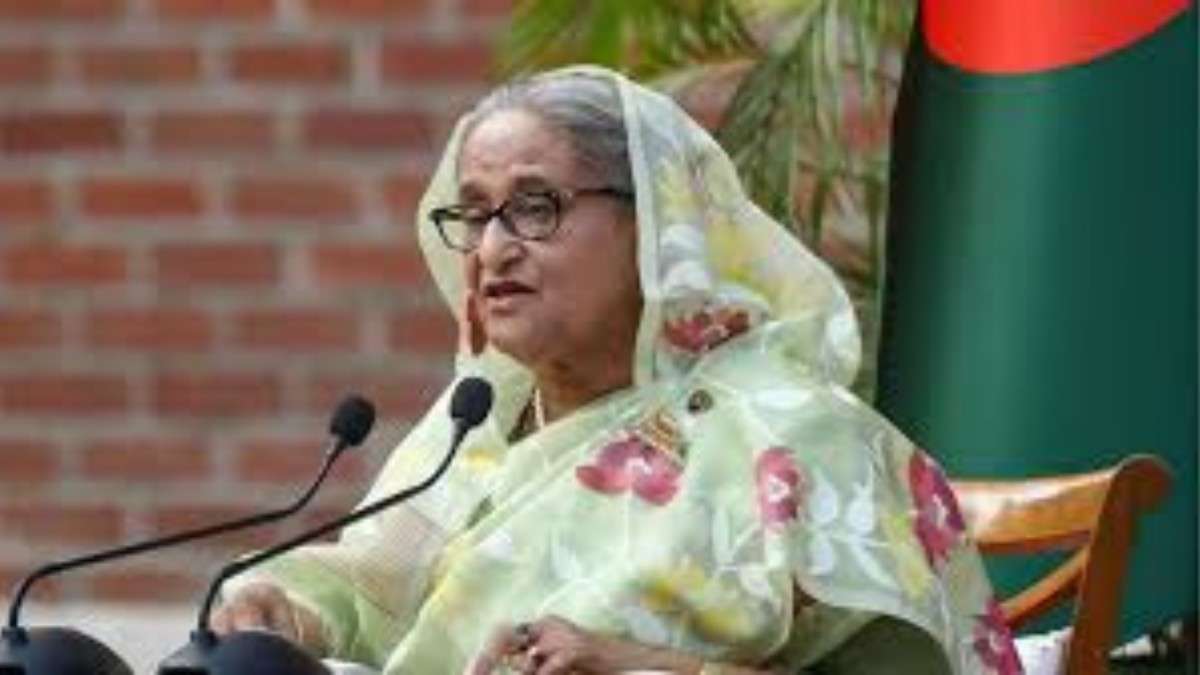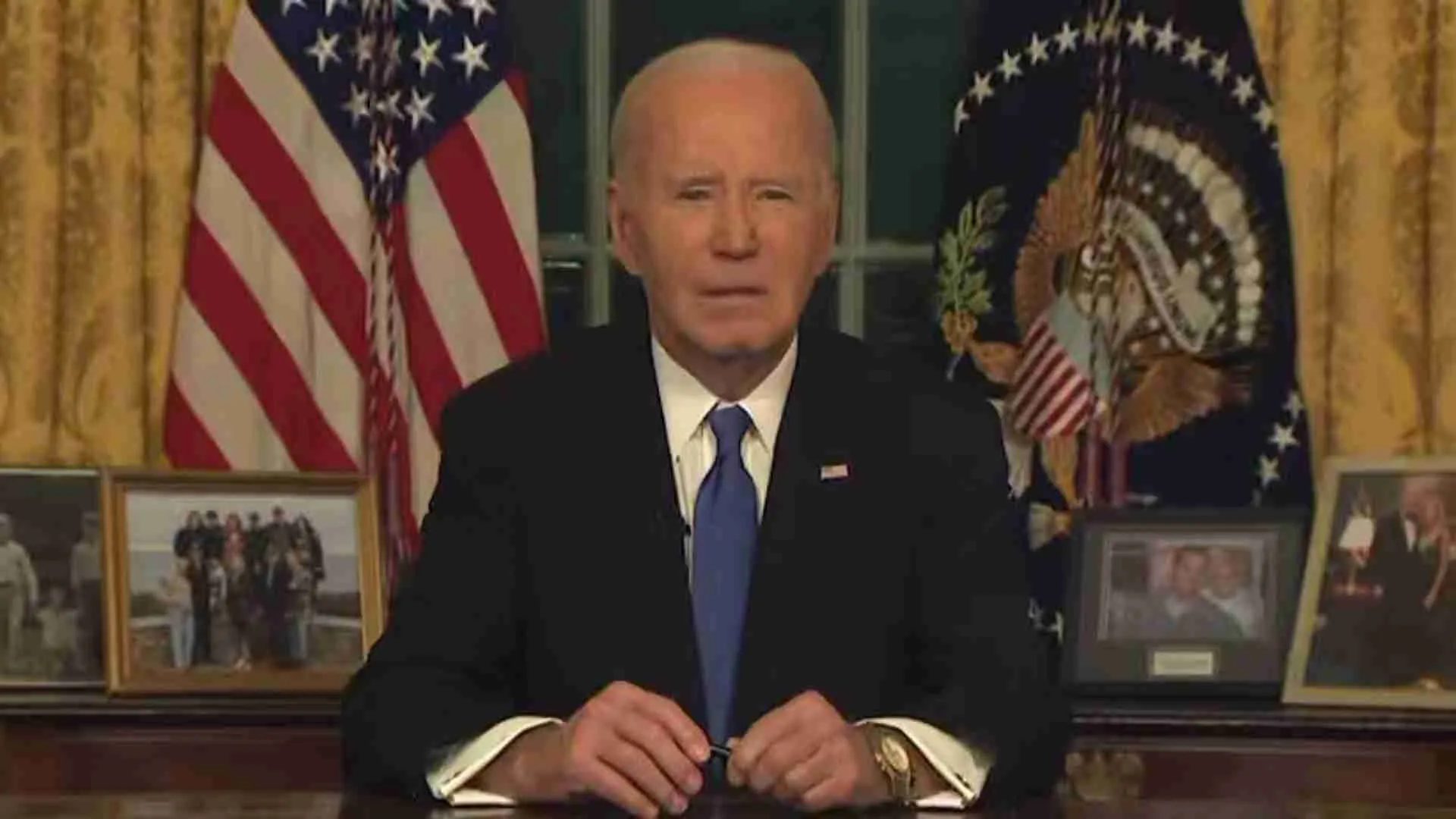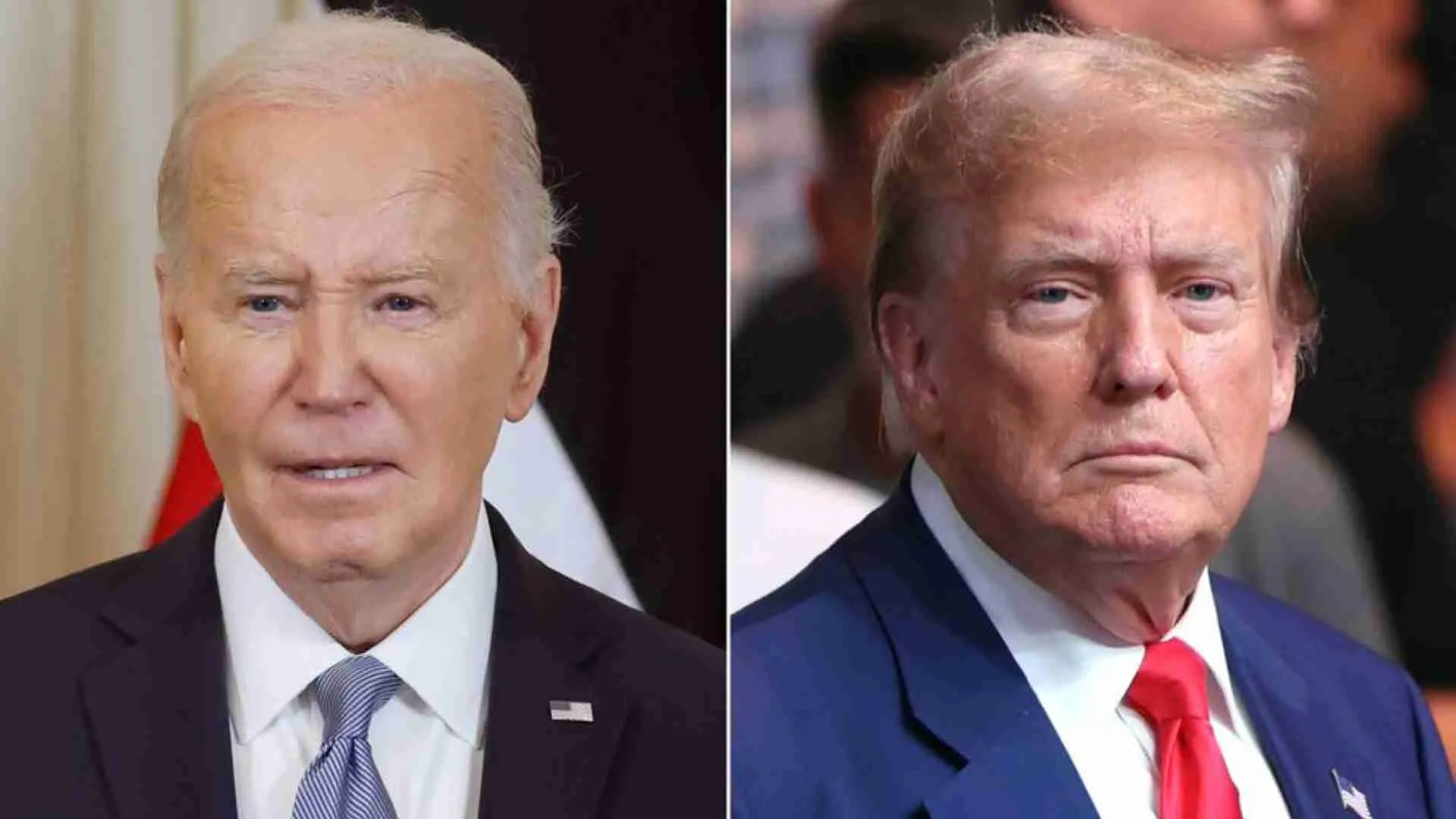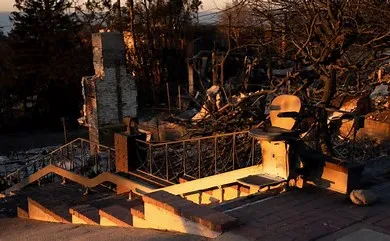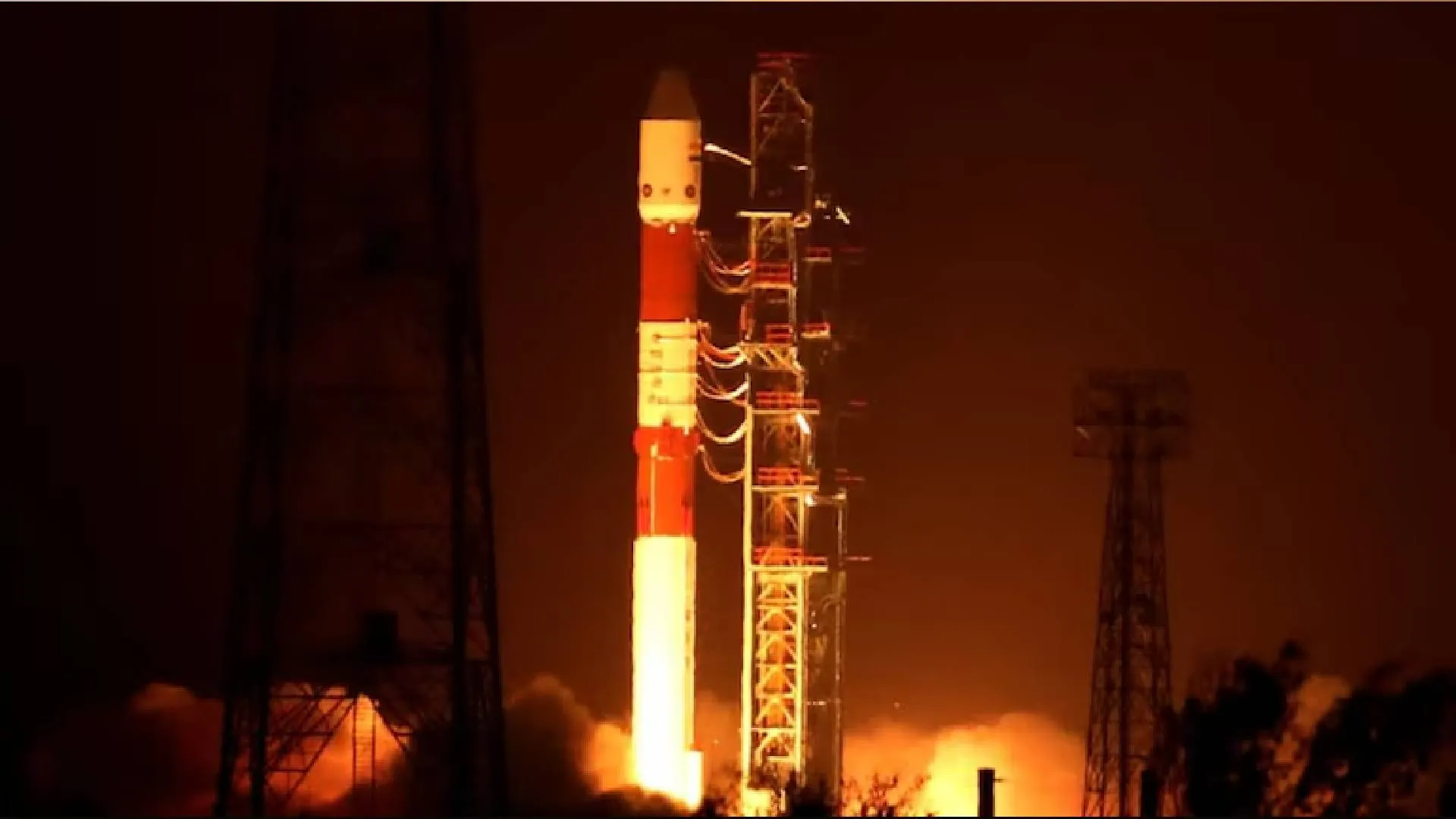A new significant development has been that Bangladesh asked the International Criminal Court to hold the trial of its dethroned Prime Minister, Sheikh Hasina, for crimes against humanity. The trial would befor the charges of her alleged involvement in a “massacre” during the July-August mass uprising and enforced disappearances during her 15-year tenure.
She faces a trial in Bangladesh’s own domestic tribunal, Internal Crimes Tribunal (ICT-BD), which prompted the latest move.
Chief Adviser Meets ICC Prosecutor
Bangladesh’s interim government chief, Muhammad Yunus, met with ICC prosecutor Karim A Khan at his residence to discuss the ongoing legal proceedings against Hasina. According to Yunus’ office, the meeting revolved around pushing for the prosecution of Hasina and her associates, particularly over alleged human rights violations during the 2000s protests and the subsequent actions of her government. Yunus emphasized Bangladesh’s intention to seek justice on behalf of those affected by the violent suppression of the 2013 uprising and the ongoing issue of forced disappearances.
Domestic and International Legal Efforts
Hasina, who fled to India in August after mass protests erupted against her Awami League-led government, has faced numerous legal challenges. Yunus has reiterated his government’s plans to seek Hasina’s repatriation from India to stand trial in Bangladesh. Meanwhile, the ICT-BD continues processing dozens of cases against Hasina and her allies, with many key figures already in hiding or imprisoned, both in Bangladesh and abroad. To bolster their efforts, the Bangladeshi authorities have requested Interpol’s assistance in locating and returning Hasina for prosecution.
ICC’s Role and Support
While Yunus and Khan discussed the pursuit of justice against Hasina, the ICC prosecutor noted that the court would be willing to cooperate with the ICT-BD. This collaboration could assist Bangladesh in securing further progress in their investigations and trials related to the crimes of Hasina’s administration. The ICT-BD has already issued arrest warrants for several members of Hasina’s Awami League party.
The Rohingya Crisis and Broader Accountability
Beyond the case of Sheikh Hasina, Yunus and Khan also touched upon the ongoing Rohingya crisis. Bangladesh has been at the forefront of providing refuge to hundreds of thousands of Rohingya refugees fleeing persecution in Myanmar. Khan informed Yunus that the ICC had formally sought an arrest warrant for Myanmar’s military leader, Min Aung Hlaing, over crimes against humanity related to the brutal treatment of the Rohingya people.
As these legal proceedings unfold, the international community watches closely, as both Bangladesh and Myanmar face calls for accountability from global human rights bodies. The outcome of these discussions could have significant ramifications for regional stability and international justice.
Bangladesh’s efforts to bring Sheikh Hasina to justice on the international stage are a pivotal moment in the country’s ongoing political and legal struggles. As the interim government pushes for Hasina’s trial, the cooperation between the ICC and local authorities could pave the way for significant accountability regarding the human rights violations committed during Hasina’s tenure. The situation also casts a spotlight on the broader issue of international responsibility in addressing atrocities committed by state actors.

